The cells fully integrated the genes that let squids turn translucent.


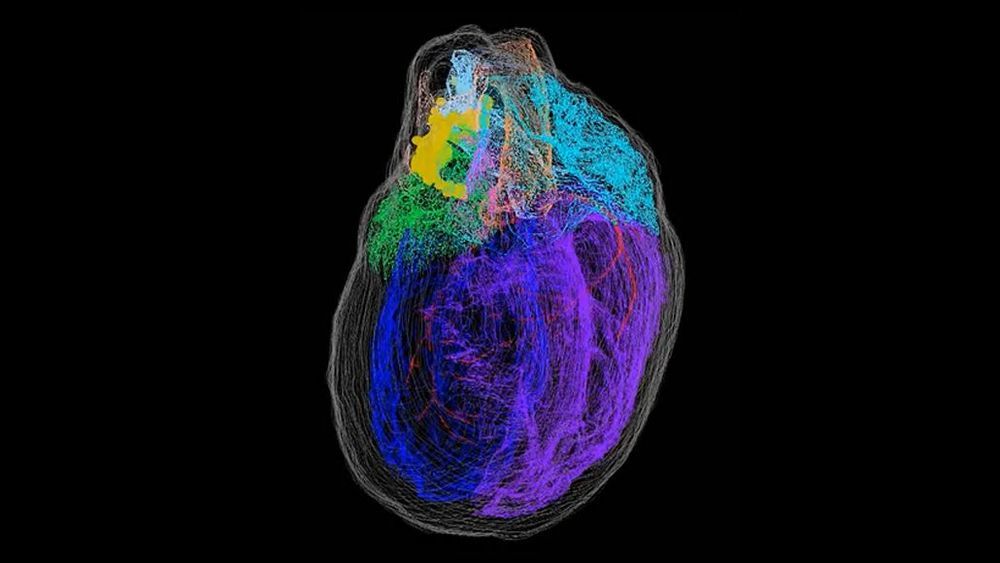
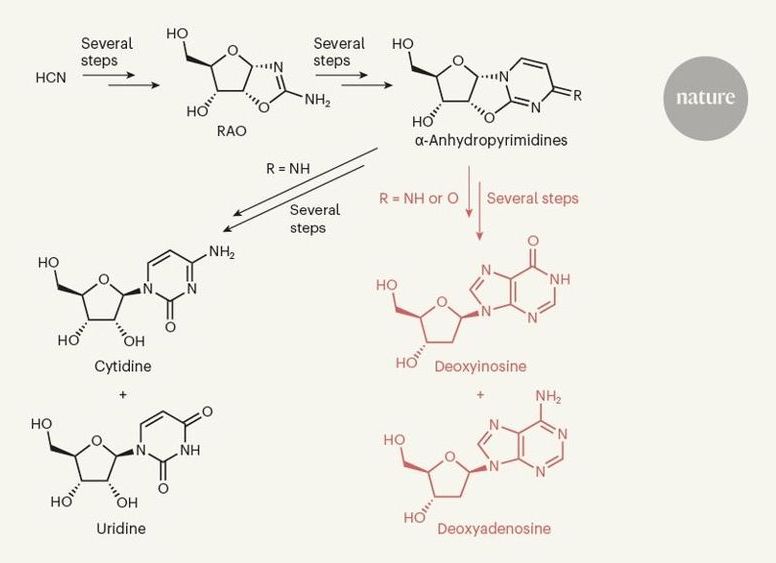
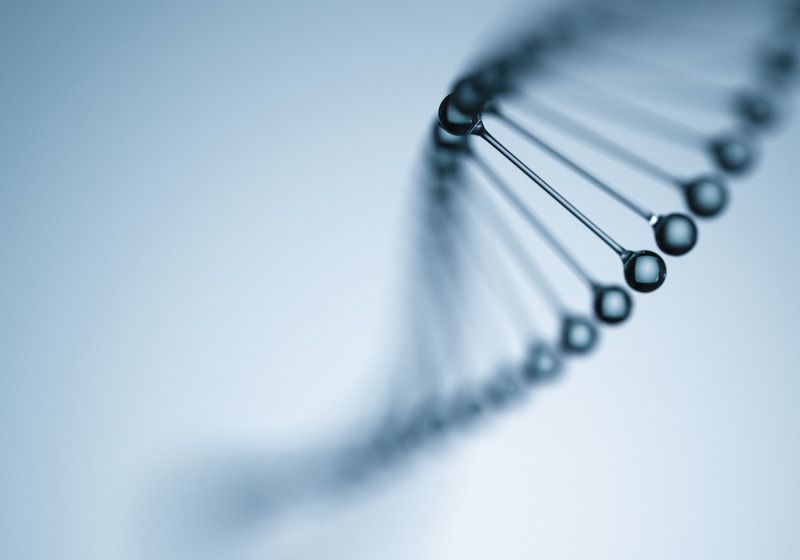
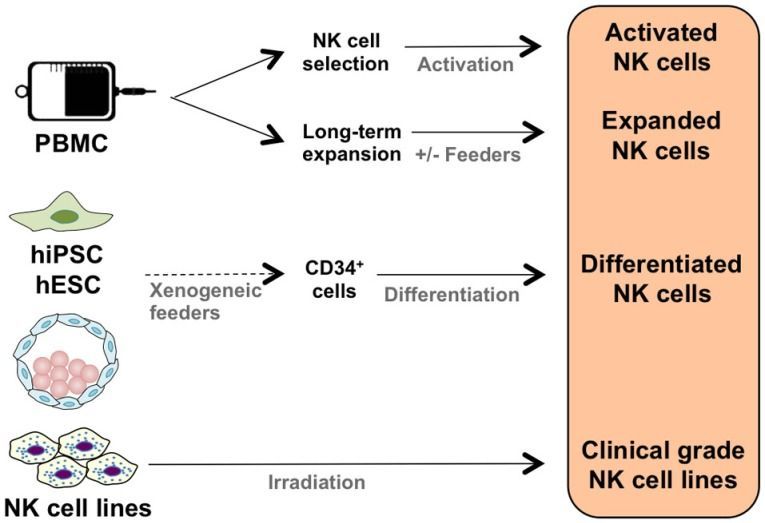
Circa 2015
Natural killer (NK) cells were discovered 40 years ago, by their ability to recognize and kill tumor cells without the requirement of prior antigen exposure. Since then, NK cells have been seen as promising agents for cell-based cancer therapies. However, NK cells represent only a minor fraction of the human lymphocyte population. Their skewed phenotype and impaired functionality during cancer progression necessitates the development of clinical protocols to activate and expand to high numbers ex vivo to be able to infuse sufficient numbers of functional NK cells to the cancer patients. Initial NK cell-based clinical trials suggested that NK cell-infusion is safe and feasible with almost no NK cell-related toxicity, including graft-versus-host disease. Complete remission and increased disease-free survival is shown in a small number of patients with hematological malignances. Furthermore, successful adoptive NK cell-based therapies from haploidentical donors have been demonstrated. Disappointingly, only limited anti-tumor effects have been demonstrated following NK cell infusion in patients with solid tumors. While NK cells have great potential in targeting tumor cells, the efficiency of NK cell functions in the tumor microenvironment is yet unclear. The failure of immune surveillance may in part be due to sustained immunological pressure on tumor cells resulting in the development of tumor escape variants that are invisible to the immune system. Alternatively, this could be due to the complex network of immune-suppressive compartments in the tumor microenvironment, including myeloid-derived suppressor cells, tumor-associated macrophages, and regulatory T cells. Although the negative effect of the tumor microenvironment on NK cells can be transiently reverted by ex vivo expansion and long-term activation, the aforementioned NK cell/tumor microenvironment interactions upon reinfusion are not fully elucidated. Within this context, genetic modification of NK cells may provide new possibilities for developing effective cancer immunotherapies by improving NK cell responses and making them less susceptible to the tumor microenvironment. Within this review, we will discuss clinical trials using NK cells with a specific reflection on novel potential strategies, such as genetic modification of NK cells and complementary therapies aimed at improving the clinical outcome of NK cell-based immune therapies.
Keywords: natural killer cells, adoptive cell therapy, immunotherapy, cancer, clinical trials, expansion, tumor microenvironment, genetic modifications.
Natural killer (NK) cells are lymphocytes of the innate immune system. They are cytokine producing and have cytotoxic ability to kill both viral infected and tumor cells. Tumor-killing lymphocytes were first reported in 1968 by Hellström et al… Kiessling and colleagues, in parallel with Ronald Herberman’s research laboratory, defined a novel lymphocyte population named NK cells that are able to target tumor cells in 1975 (2–5). Unlike T cells and B cells, NK cell recognition is not governed by high-resolution antigen specificity. Target cell recognition is mediated by the signals delivered through several activating and inhibitory receptors. The balance between activating and inhibitory signals decides the response of NK cells.

Who has heard of mitochondrial medicine?
“We know that increased rates of mtDNA mutation cause premature aging,” said Bruce Hay, Professor of biology and biological engineering at the California Institute of Technology. “This, coupled with the fact that mutant mtDNA accumulates in key tissues such as neurons and muscle that lose function as we age, suggests that if we could reduce the amount of mutant mtDNA, we could slow or reverse important aspects of aging.”
This brings us to the second major development relevant to mitochondria in disease — that genetic technology is now at a point where the targeted removal of the problem mitochondrial genes can become the basis for clinical intervention. This is the implication of research that Hay and colleagues both at Caltech and the University of California at Los Angeles described in a paper published in the journal Nature Communications.
Fixing body tissues by knocking out genes that prevent bad mitochondrial from being ousted in a timely fashion might sound like science fiction, but that’s where things are going and it’s part of a growing trend of what’s being described as mitochondrial medicine.
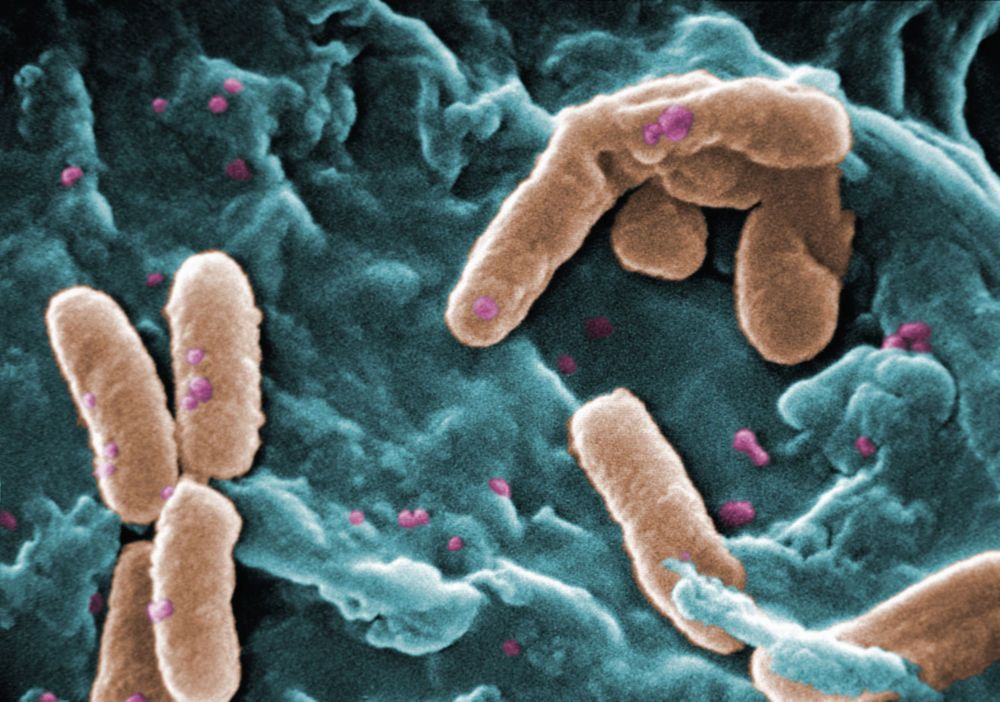

Summary: Study reports SARS-CoV-2, the virus that causes COVID-19, was well suited to making the jump from animals to humans by shapeshifting as it gained the ability to infect human cells. The virus’s ability to infect humans occurred via exchanging gene fragments from a coronavirus that infected pangolins. The species-to-species transmission was a result of the ability of SARS-CoV-2 to bind to host cells through alterations to its genetic material.
Source: Duke University
A team of scientists studying the origin of SARS-CoV-2, the virus that has caused the COVID-19 pandemic, found that it was especially well-suited to jump from animals to humans by shapeshifting as it gained the ability to infect human cells.

VIENNA — We all know that one person who can eat whatever they like and never gain a pound. Ice cream at 2 in the morning? Bring it on. A third, or fourth, slice of pizza? Sure, why not. For the rest of us, the genetic perks that these individuals enjoy can be frustrating to say the least. Now, a groundbreaking new international study appears to have zeroed in on the so-called “skinny gene” that help keep such individuals thin.
Scientists from Austria, Canada, and Estonia say that lower, or deficient, levels of the gene Anaplastic Lymphoma Kinase (ALK) are significantly linked to skinniness and bodily resistance to weight gain.
Most research projects focusing on weight loss and gain search for genes that cause obesity. This study is novel due to the fact that it focuses specifically for a gene linked to thinness instead.
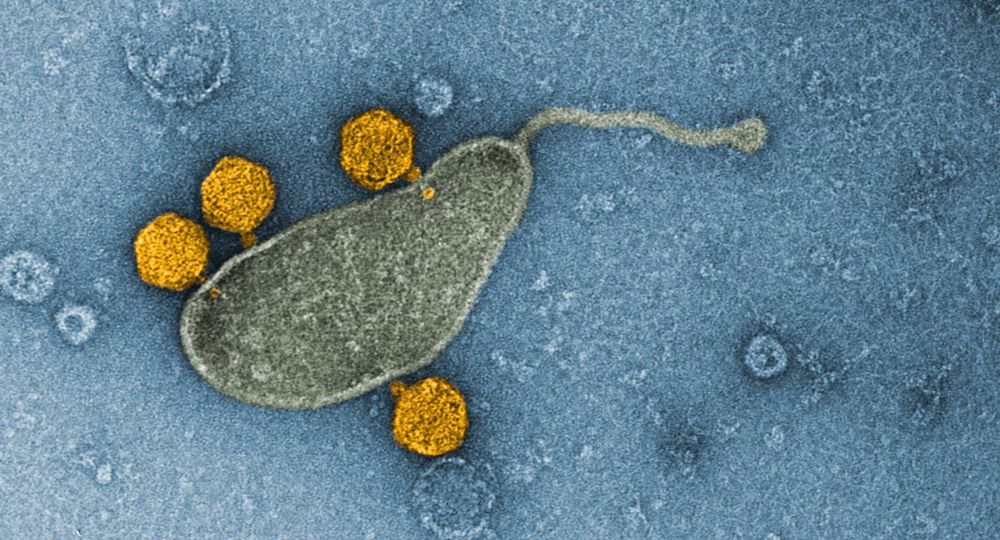
The most common organism in the oceans, and possibly on the entire planet, is a family of single-celled marine bacteria called SAR11. These drifting organisms look like tiny jelly beans and have evolved to outcompete other bacteria for scarce resources in the oceans.
We now know that this group of organisms thrives despite—or perhaps because of—the ability to host viruses in their DNA. A study published in May in Nature Microbiology could lead to new understanding of viral survival strategies.
University of Washington oceanographers discovered that the bacteria that dominate seawater, known as Pelagibacter or SAR11, hosts a unique virus. The virus is of a type that spends most of its time dormant in the host’s DNA but occasionally erupts to infect other cells, potentially carrying some of its host’s genetic material along with it.